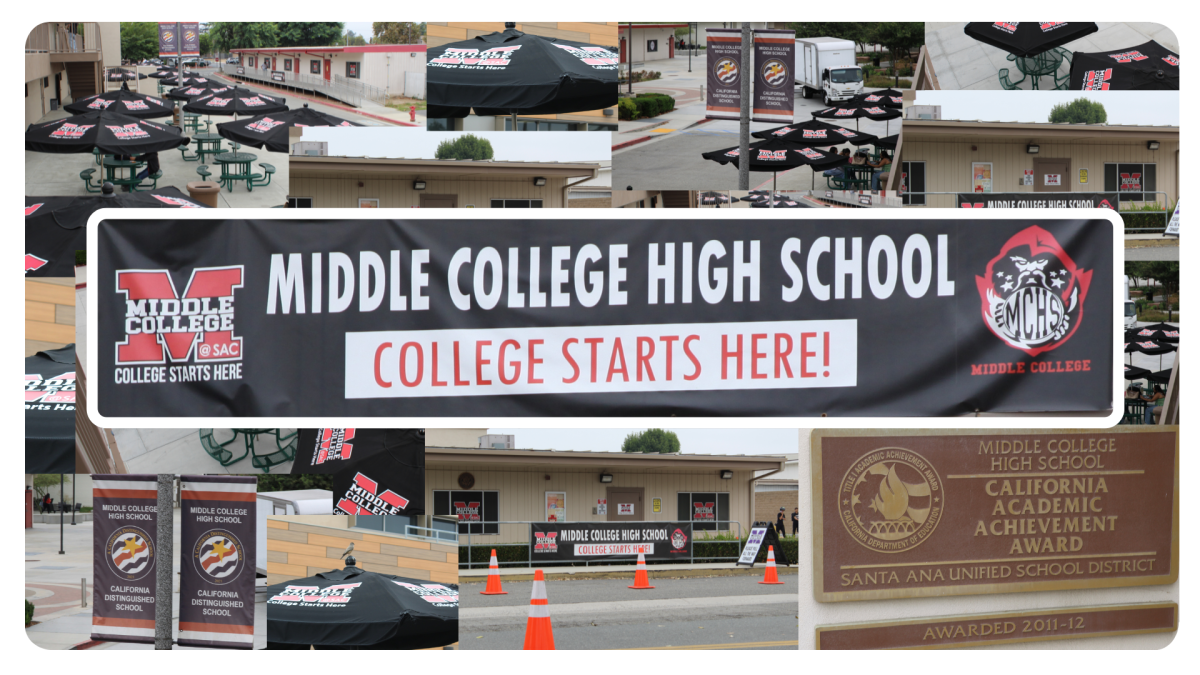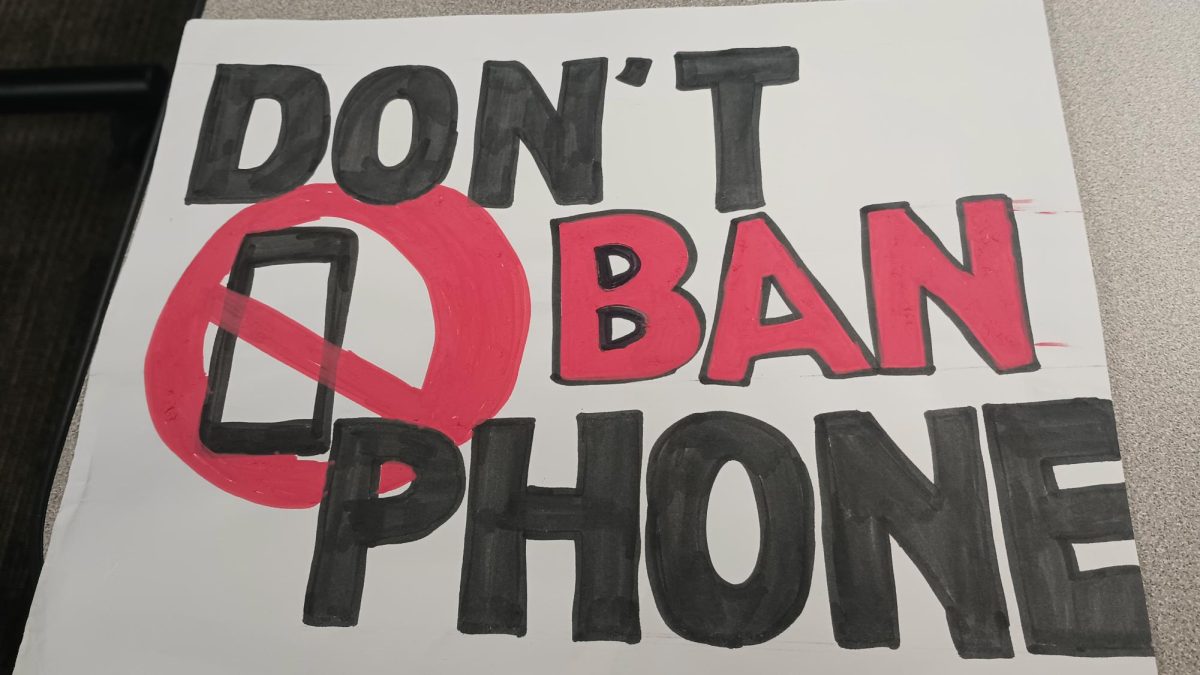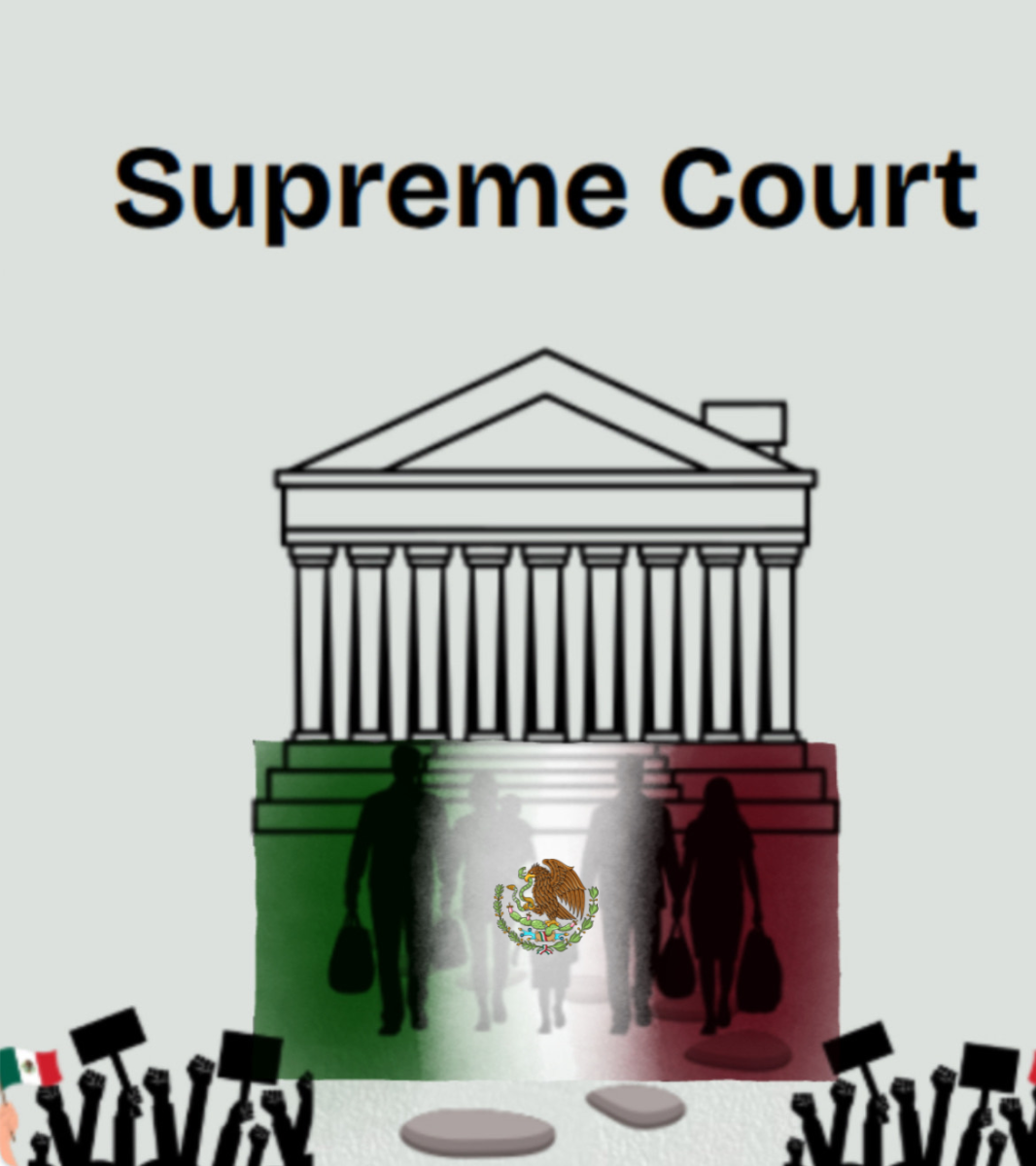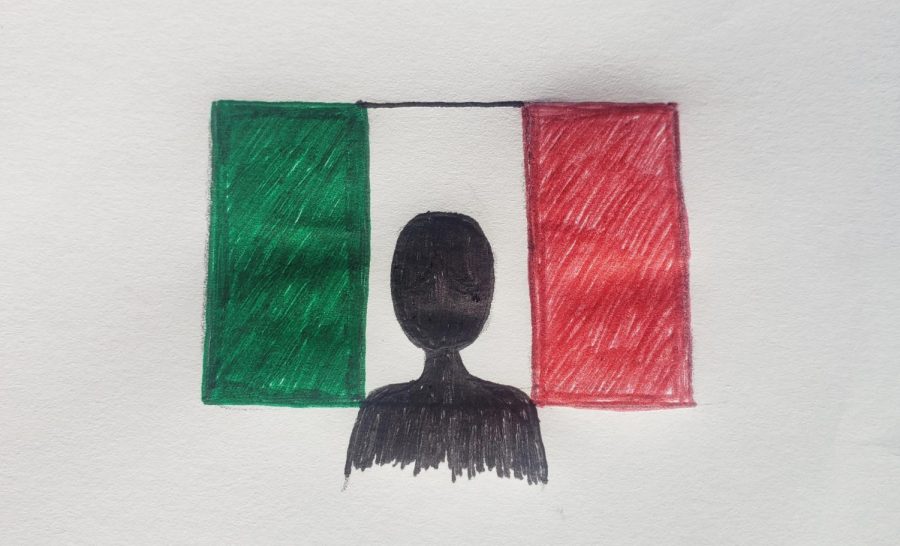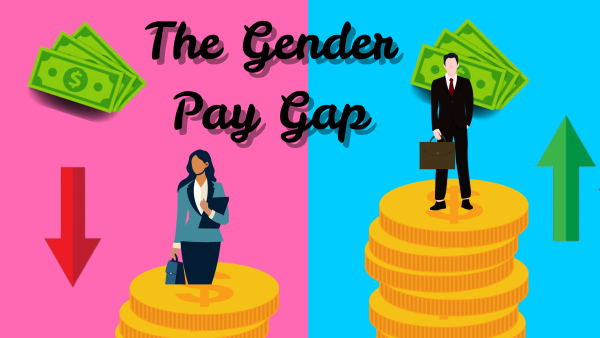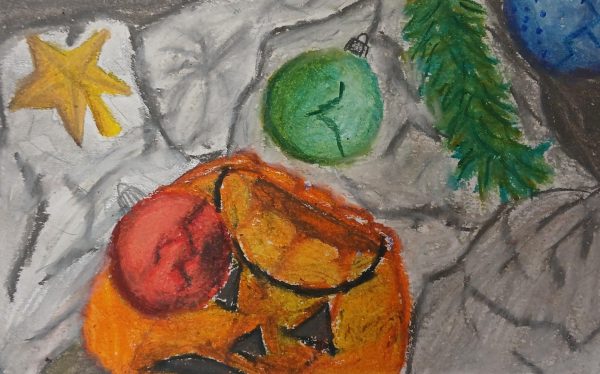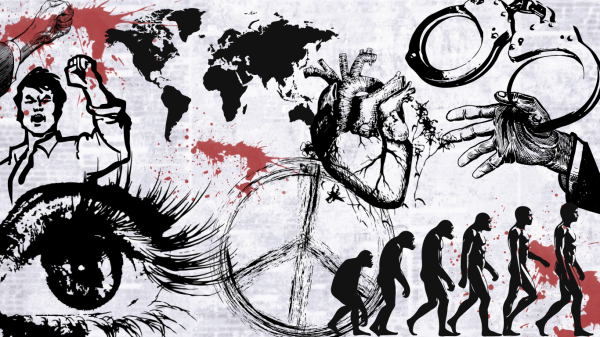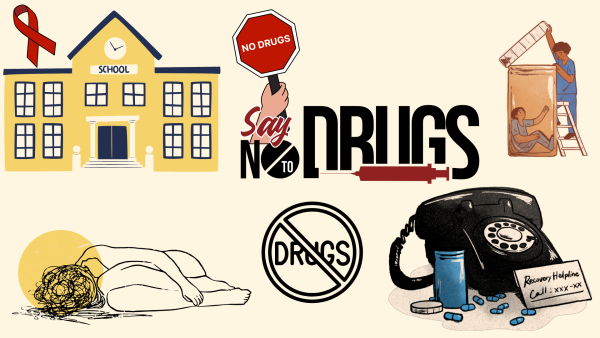“Not Mexican Enough”
For people of color growing up in America, it is difficult to find our own identity.
Back in my adolescence, my mother would drag me along with her on trips to the town she grew up in in Mexico. I never enjoyed these trips; I was not one for social interactions, especially since we seemingly knew everyone in the entire town. It did not help that my Spanish skills were sub par. As bad as I am at speaking Spanish, it was typically enough to carry conversations for a few minutes without struggle.
All my interactions with family were typical, like them asking how I was or how life is. On a normal day, that would be it. I’d answer, and they’d divert their attention to my mother. One day, however, what I always dreaded happened: I was asked something I did not understand.
Confused, I looked at my mother, hoping she would translate what my family member had just told me. They noticed, and teased, “Esta bien, yo sé que ella es Americana,” (It’s OK, I know she’s American) and laughed the interaction off. But I didn’t.
That comment dug into me. Was I not Mexican enough? But then what am I? I never felt “American.” That typical American family that the media would parade around was simply not me. But then what was I? I wasn’t Mexican enough for my family, but not American enough for America.
Is it really our fault, though? All around us our culture is being ripped away from us. Downtown Santa Ana, or “La Quatro” as I grew up knowing it, went from a safe haven for Hispanic culture to a hipster paradise. It was a place that Mexican immigrants, like my mother, could go to and still feel at place. Now, everytime we pass by there, she simply scoffs. “Quitaron todo,” (They took down everything) she says. “Ya nomas es para los Americanos” (Now it’s just for Americans.) Santa Ana isn’t the only place facing gentrification; other places highly populated by Latinos like Los Angeles have the same issue.
The loss of language only exemplifies this. According to the Pew Research Center, 11% of people with Hispanic heritage do not self-identify as Hispanic. This percentage rises by the third generation, and even more by the fourth. And who can blame them? Latino grandparents aren’t speaking Spanish to their grandchildren. They don’t get that authentic Hispanic experience at home, and gentrification is slowly stripping them away from any possible outside influences.
But not speaking the language or partaking in the culture does not make you any less of the ethnicity you are, and it’s not bad if you personally do not see a reason to stay connected. However, no one has the right to tell you what you are not; it is your decision on what to label yourself. “I do think it’s silly to say that someone’s not a ‘true’ Hispanic, Vietnamese, or whatever,” said senior Dylan Mai, a Vietnamese American who believes he is heavily connected to his heritage. “Here’s my stance: as long as you respect your culture and remember where you came from, you can be whoever you want to be.”
And that is what I am doing. I know I’m not the most culturally connected person. I don’t know how to dance bachata or cumbia, I can’t write perfectly in Spanish without using a translator, I’m not religious, and I don’t even like most traditional Mexican meals. What I do know is that my heritage is rich and full of incredible stories. I appreciate everything my family has done so that I could have a life here in America. I sympathize with my family members who haven’t seen their relatives for a decade, all for the sake of not being deported and losing what they have built for their family here. I respect my legacy.
And I think that makes me Mexican enough.
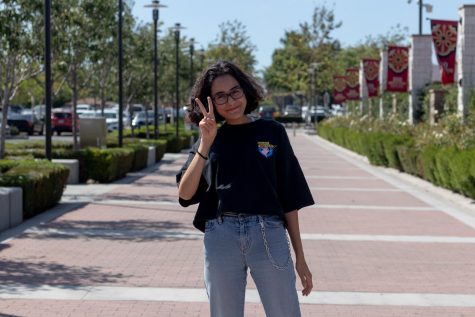
Fun Facts:
My favorite Pokémon is Dosclops.
All my clothes are thrifted.
My favorite anime is Mob Psycho 100.


